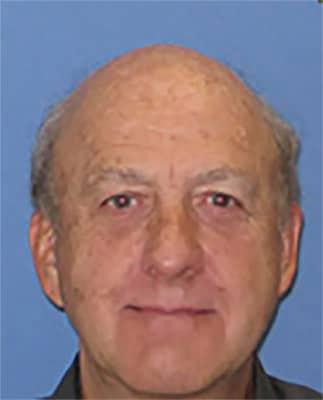David H Coy, PhD
Research Professor of Medicine: Section of Endocrinology

Biography
Dr. Coy received his B.S. in Chemistry in 1966 and Ph.D. in organofluorine chemistry in 1969 from the University of Manchester Institute of Science and Technology. He then did postdoctoral research on neurophysin proteins while working with Dr. Murray Saffran's group at the Medical College of Ohio at Toledo and on the synthesis and medicinal chemistry of hypothalamic peptide hormones while working with Nobel Laureate Dr. Andrew Schally at Tulane. He became Assistant Professor in the Department of Medicine at Tulane in 1973 and Research Professor in 1982. Dr. Coy is the author and co-author of over 600 scientific papers. He is a fellow of the American Association for the Advancement of Science, serves on the editorial boards of several journals and has served on study sections for both the NIH and the Medical Research Council of Canada. Dr. Coy's research group has long been prominent in the area of peptide-based drug development. He holds over 50 patents in the area and has successfully brought two peptide analogs to market. Current research interests include the development of receptor antagonists for the bombesin receptors 1 and 3, which are of potential use in inflammatory lung disease and lung cancer, as well as development of urotensin II antagonists of potential therapeutic value in the cardiovascular area. Dr. Coy's group is also researching the use of peptide agonist analogs, particularly somatostatin and bombesin, for the specific targeting and proactive internalization of cytotoxic agents and anti-sense oncogene constructs into tumor cells which heavily over-express receptors for several families of peptides. His group has the capability of conducting peptide-based drug design by classical structure-activity studies, by computer-based design strategies, and, more recently, by combinatorial synthesis of peptidomimetic libraries. His research has been supported by NIH, private industry and the Tulane Peptide Research Fund.
Research
Tulane Cancer Center Program Member
